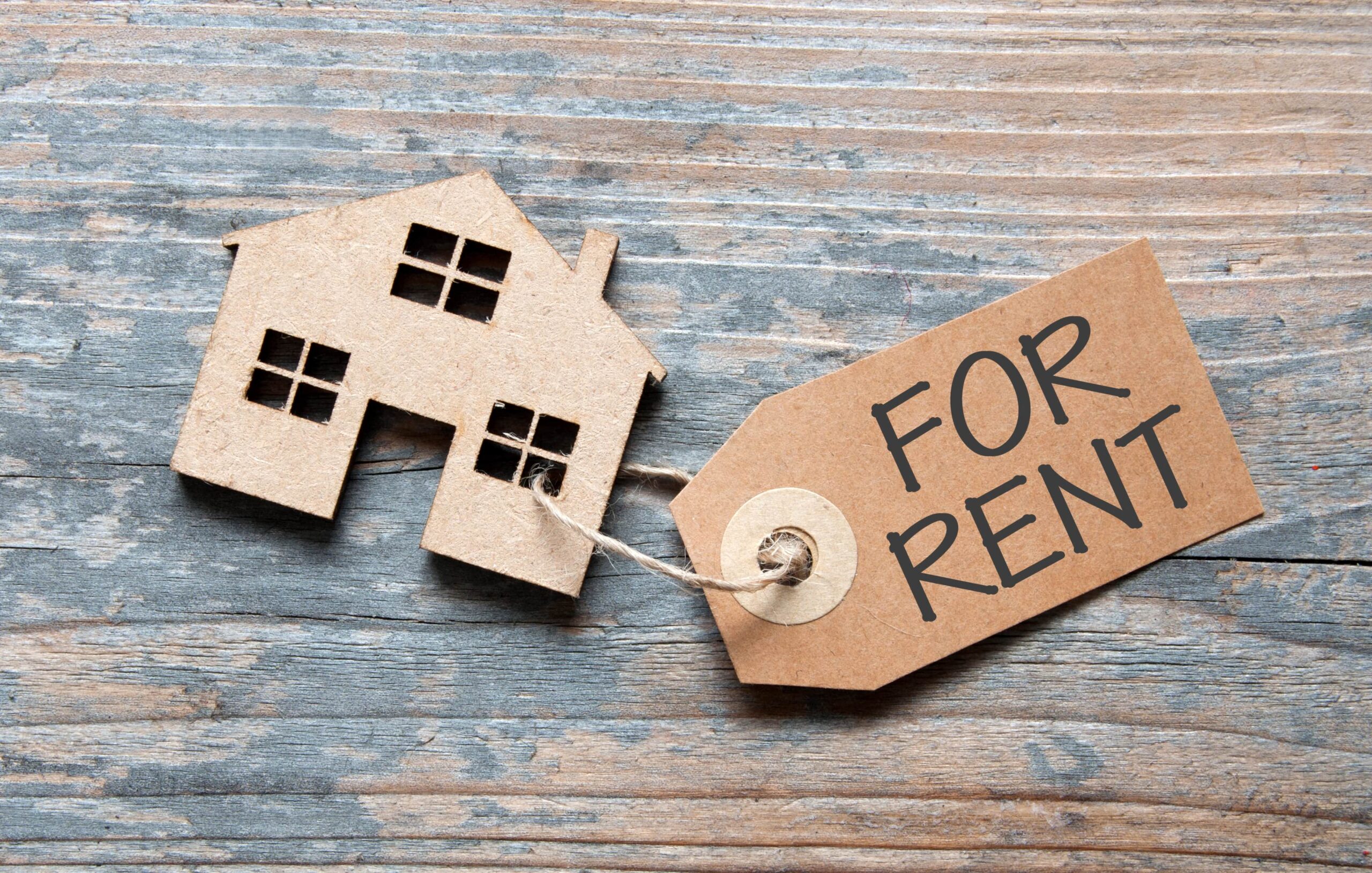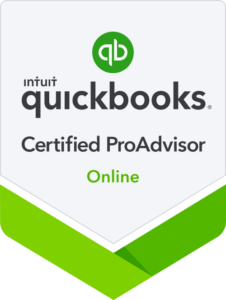
As a building owner, you already have many things to worry about as you go about your daily routine. We’re sorry to add one more thing to that list of worries, but have you thought about how your rental income will affect your taxes?
While this may not be the most fun subject to worry about, it is crucial for effectively operating your business. We’ll try to relax you a bit by providing you with this brief guide for successfully filing rental property taxes.
What Is “Rental Income”?
Before figuring out your taxes for your rental properties, you must first understand what is considered “rental income.” In short, rental income refers to the money you earn from tenants during a specific year.
This not only includes rent, but it also includes advance rent, or rent that tenants pay in advance. For example, if a tenant signs a two year lease and pays for everything up front this year, you would report all income from this tenant this year and zero income next year.
Do not make the mistake of waiting to report advance rent until the next year because that could get you in trouble with the IRS. If you would like to learn more about advance rent and what exactly is considered “rental income” for your taxes, visit the IRS’s website for more information.
What Costs Can I Deduct For Taxes On Rental Properties?
As is the case for any kind of business taxes, you may deduct your costs from your taxes on rental properties. However, it is important to know what the IRS considers as “costs” and what you are not allowed to deduct.
You are allowed to deduct basic costs such as operating expenses, property taxes, mortgage interest, depreciation, apartment repairs, and maintenance costs.
However, you may not deduct any costs associated with home improvement. For example, if you renovate an apartment or convert a one-bedroom into a two-bedroom, you may not deduct those costs. That being said, as previously mentioned, you can deduct depreciation costs for those apartments over future tax periods.
Figuring out exactly what you can and cannot deduct can be challenging, but it can make the difference between thousands of dollars (or more) of taxes. It may be worth it to seek professional help for paying taxes on rental properties if you are not an expert in this field.
How Do I File My Rental Property Taxes?
As discussed above, figuring out what to file is the hard part. Once you have that figured out, the actual filing process is not too difficult. You will have to file a 1040, which is fairly straightforward. The IRS walks you through the details of a 1040 on its site.
Can I Get Help With My Rental Property Taxes?
Fortunately, help is available to ensure you report the right income, deduct the right costs, and file the right taxes.
If you need help with your rental property taxes, please do not hesitate to reach out. With the full range of accounting services Allman & Allman APAC provides, we are equipped with the expertise for which you may be in need. Seeking guidance from our firm will provide you the opportunity to work with individuals armed with broad and deep financial knowledge, able to provide advice on a wide range of issues. As a full-service public accounting firm, our professional services will surely help you succeed and thrive. Please feel free to reach out to Allman & Allman APAC via email at Genna@allmancpa.com or via phone at 760-773-1120 (Palm Desert) or 310-544-1120 (Rolling Hills Estates) to discuss your situation and find out how we can help you grow. We look forward to hearing from you.





















